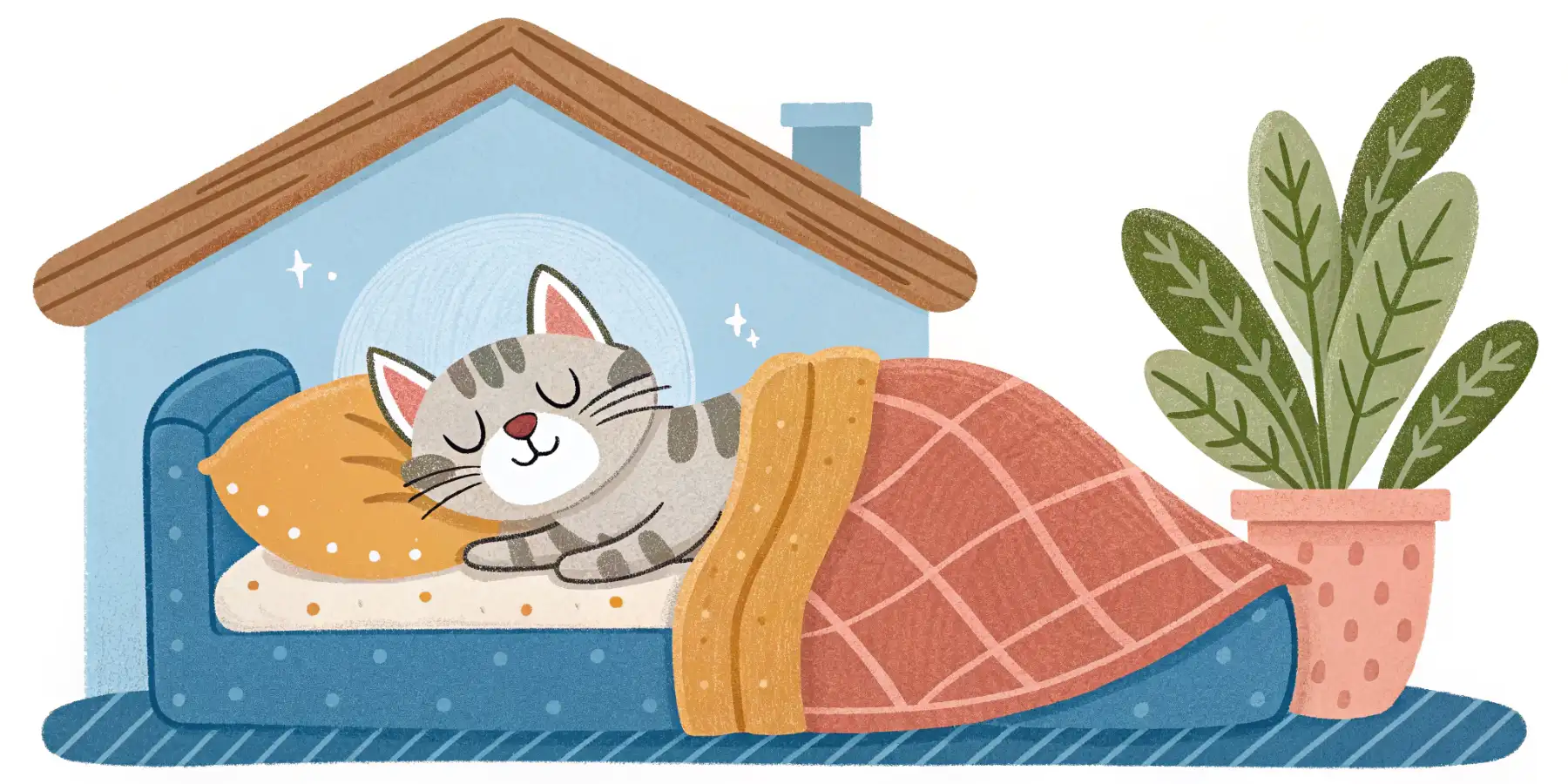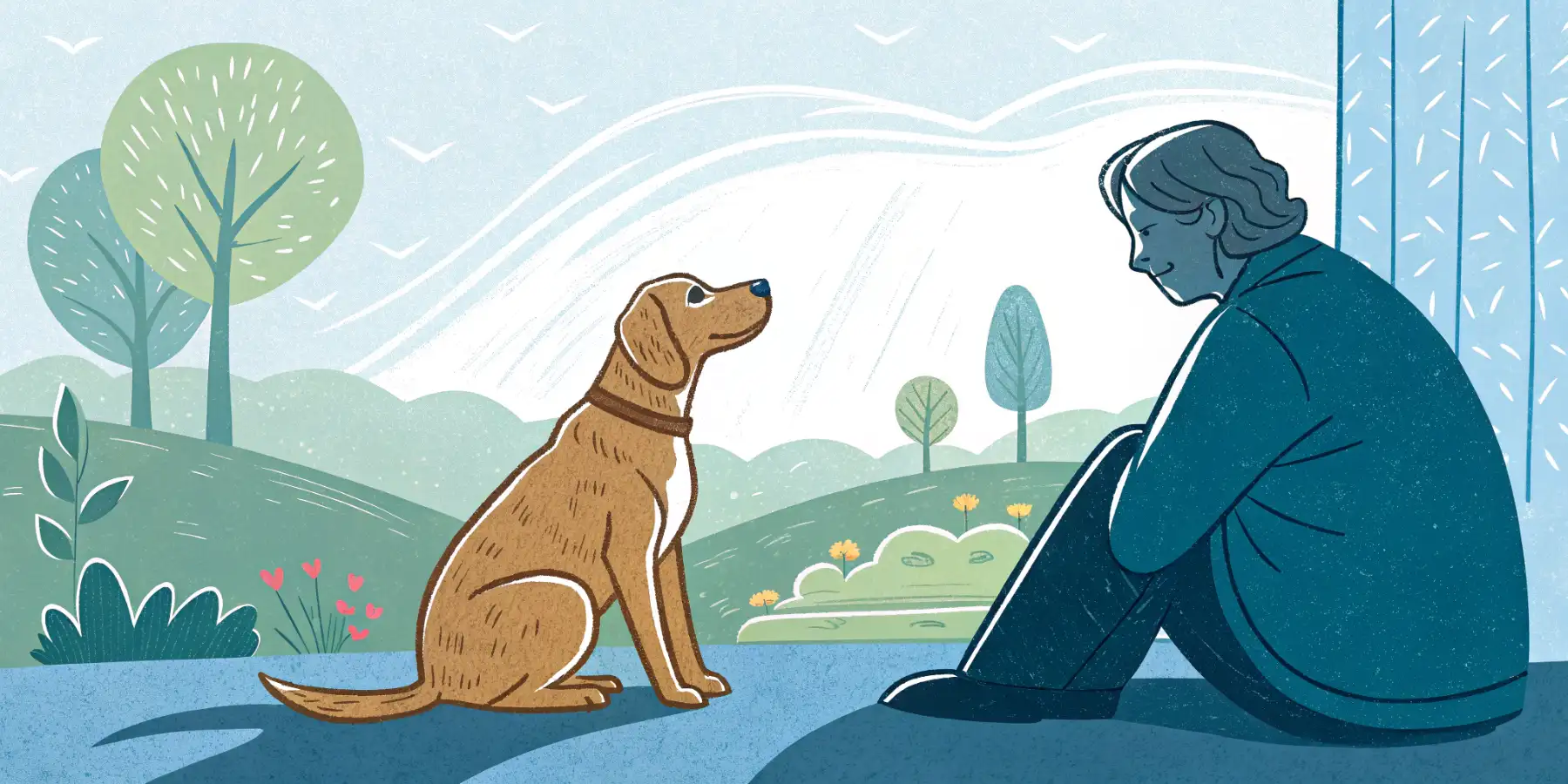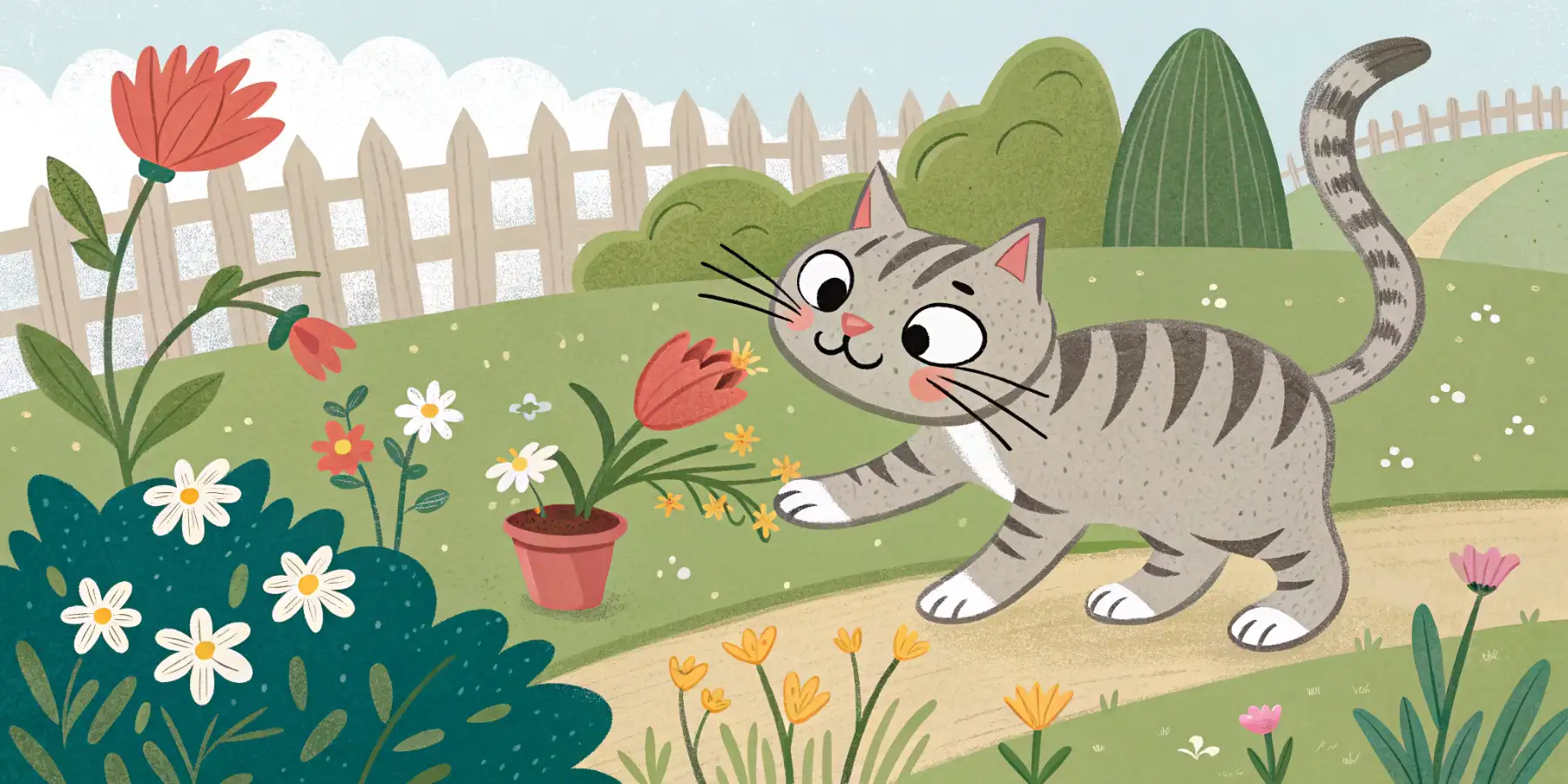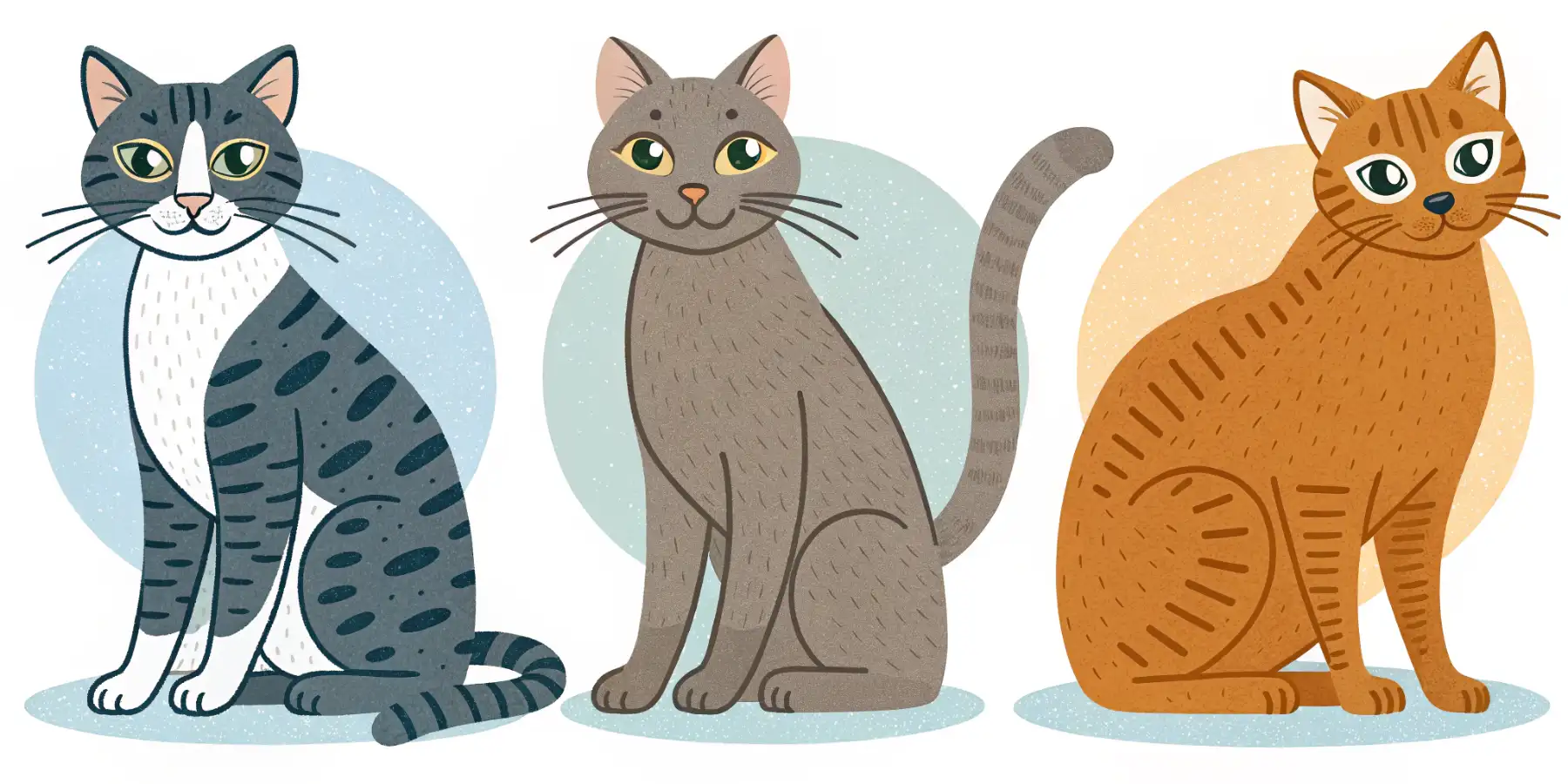
Senior Cat Health: Common Problems & Care
Is your senior cat slowing down? Learn about common health issues like kidney disease & arthritis, and how to give the best care!
Navigating Senior Cat Health: Kidney Disease, Hyperthyroidism, Arthritis, and Cancer
As our feline companions gracefully age, their needs change. Just like us, senior cats (typically those 10 years and older) become more susceptible to certain health challenges. Understanding these common ailments can help you provide the best possible care and ensure your beloved kitty enjoys their golden years to the fullest. Let’s delve into some of the most prevalent health problems in senior cats: kidney disease, hyperthyroidism, arthritis, and cancer.
Kidney Disease: A Silent Threat
Chronic kidney disease (CKD), also known as chronic renal failure, is unfortunately very common in older cats. The kidneys are vital organs responsible for filtering waste products from the blood and maintaining fluid balance. When they fail, these toxins build up, leading to a variety of symptoms.
Signs to Watch For:
- Increased thirst and urination (you might notice the litter box is suddenly much wetter).
- Weight loss, despite a normal or even increased appetite.
- Lethargy and decreased activity.
- Loss of appetite.
- Vomiting.
- Bad breath (often described as smelling like ammonia).
What to Do:
If you notice any of these signs, it’s crucial to schedule a vet appointment immediately. Early diagnosis and management can significantly improve your cat’s quality of life and prolong their lifespan. Diagnostic tests will likely include blood work and a urinalysis to assess kidney function.
Management and Treatment:
Treatment for feline kidney disease often involves:
- Dietary changes: A prescription kidney diet low in phosphorus and protein can help reduce the workload on the kidneys.
- Fluid therapy: Subcutaneous (under the skin) fluids can help maintain hydration and flush out toxins. I’ve personally seen how regular fluid therapy can dramatically improve a cat’s energy levels and appetite.
- Medications: To manage symptoms such as nausea, vomiting, and high blood pressure.
- Monitoring: Regular blood work and urinalysis to track kidney function and adjust treatment as needed.
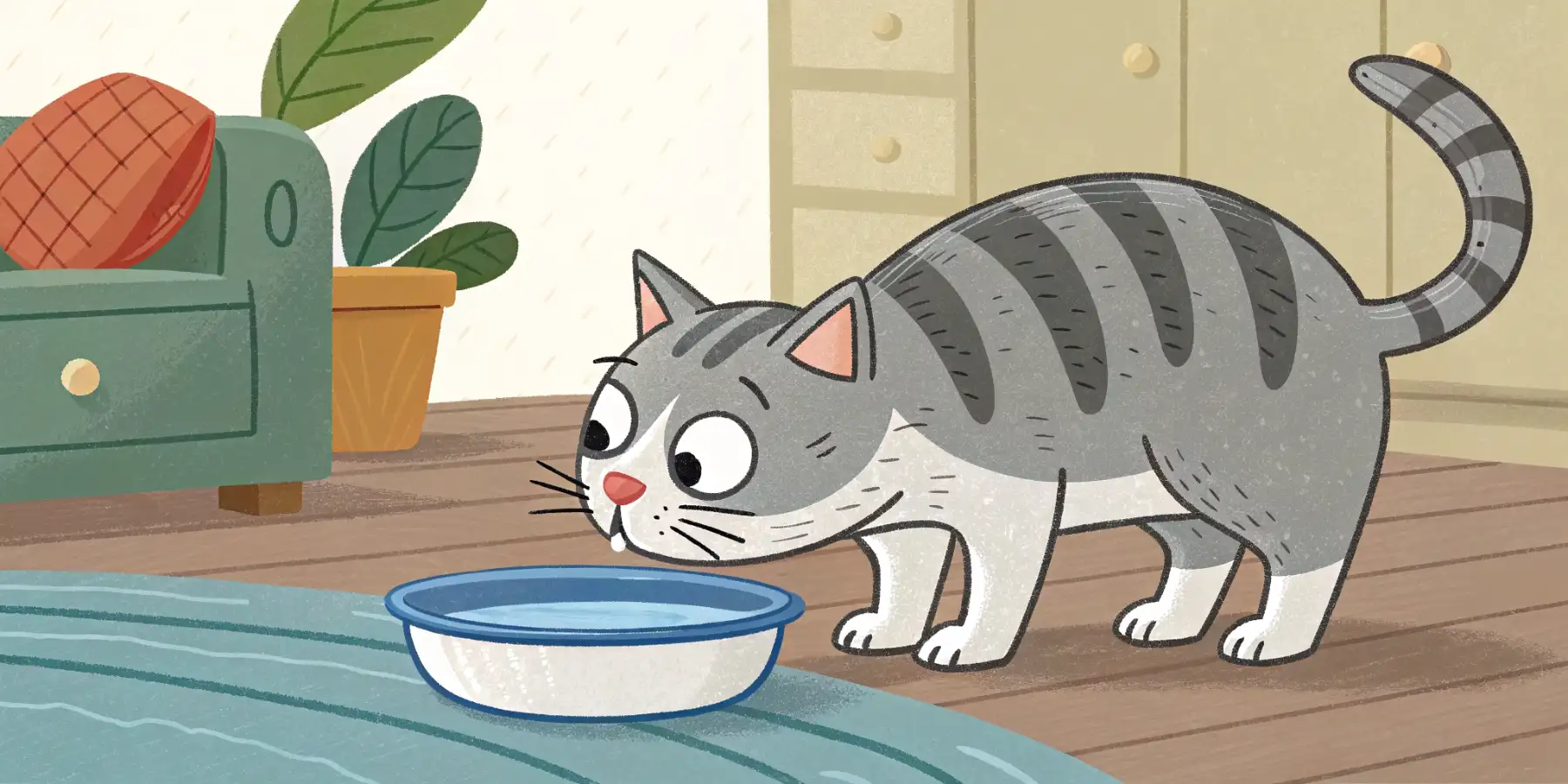 Image: A senior cat drinking water from a bowl, illustrating the increased thirst often associated with kidney disease in older cats.
Image: A senior cat drinking water from a bowl, illustrating the increased thirst often associated with kidney disease in older cats.
Hyperthyroidism: An Overactive Thyroid
Hyperthyroidism is another common endocrine disorder in senior cats. It occurs when the thyroid gland produces excessive amounts of thyroid hormones, leading to a hypermetabolic state.
Signs to Watch For:
- Weight loss, despite an increased appetite (they might seem insatiable!).
- Increased activity and restlessness.
- Increased thirst and urination.
- Vomiting and diarrhea.
- Rapid heart rate and potentially heart murmurs.
- A palpable thyroid nodule in the neck (your vet will check for this during an exam).
What to Do:
Consult your veterinarian if you suspect your cat has hyperthyroidism. Diagnosis typically involves a blood test to measure thyroid hormone levels.
Treatment Options:
- Methimazole: An oral medication that inhibits thyroid hormone production. This is often the first line of treatment and can be very effective, but requires lifelong administration.
- Radioactive iodine therapy (I-131): A highly effective treatment that destroys the overactive thyroid tissue. This is often considered the gold standard and can be curative.
- Surgery: Surgical removal of the affected thyroid gland. This is less common due to the potential risks associated with anesthesia and surgery in older cats.
- Prescription Diet: Hill’s y/d is a prescription food that is low in iodine and can manage hyperthyroidism.
In my experience, many cat owners find radioactive iodine therapy to be the most appealing option because it offers a permanent solution and avoids the need for daily medication.
Arthritis: Aching Joints in Senior Cats
Arthritis, or degenerative joint disease, is a common but often overlooked condition in senior cats. It can cause chronic pain and stiffness, impacting their mobility and quality of life.
Signs to Watch For:
- Decreased activity and reluctance to jump or climb.
- Stiffness, especially after resting.
- Hiding and avoiding interaction.
- Changes in grooming habits (e.g., matted fur).
- Irritability when touched or petted, especially around the joints.
- Difficulty using the litter box.
What to Do:
If you suspect your cat has arthritis, schedule a veterinary exam. Diagnosis may involve a physical examination, X-rays, and potentially other imaging studies.
Management and Treatment:
Managing feline arthritis involves a multi-modal approach:
- Weight management: Maintaining a healthy weight reduces stress on the joints.
- Environmental modifications: Providing ramps, steps, and soft bedding can make it easier for your cat to move around.
- Pain medication: Non-steroidal anti-inflammatory drugs (NSAIDs) can help relieve pain and inflammation, but should only be used under veterinary supervision. Never give your cat human pain medication, as many are toxic!
- Joint supplements: Glucosamine and chondroitin supplements can help support joint health.
- Physical therapy: Gentle exercises and massage can help improve mobility and reduce stiffness.
- Acupuncture: Some cats respond well to acupuncture for pain relief.
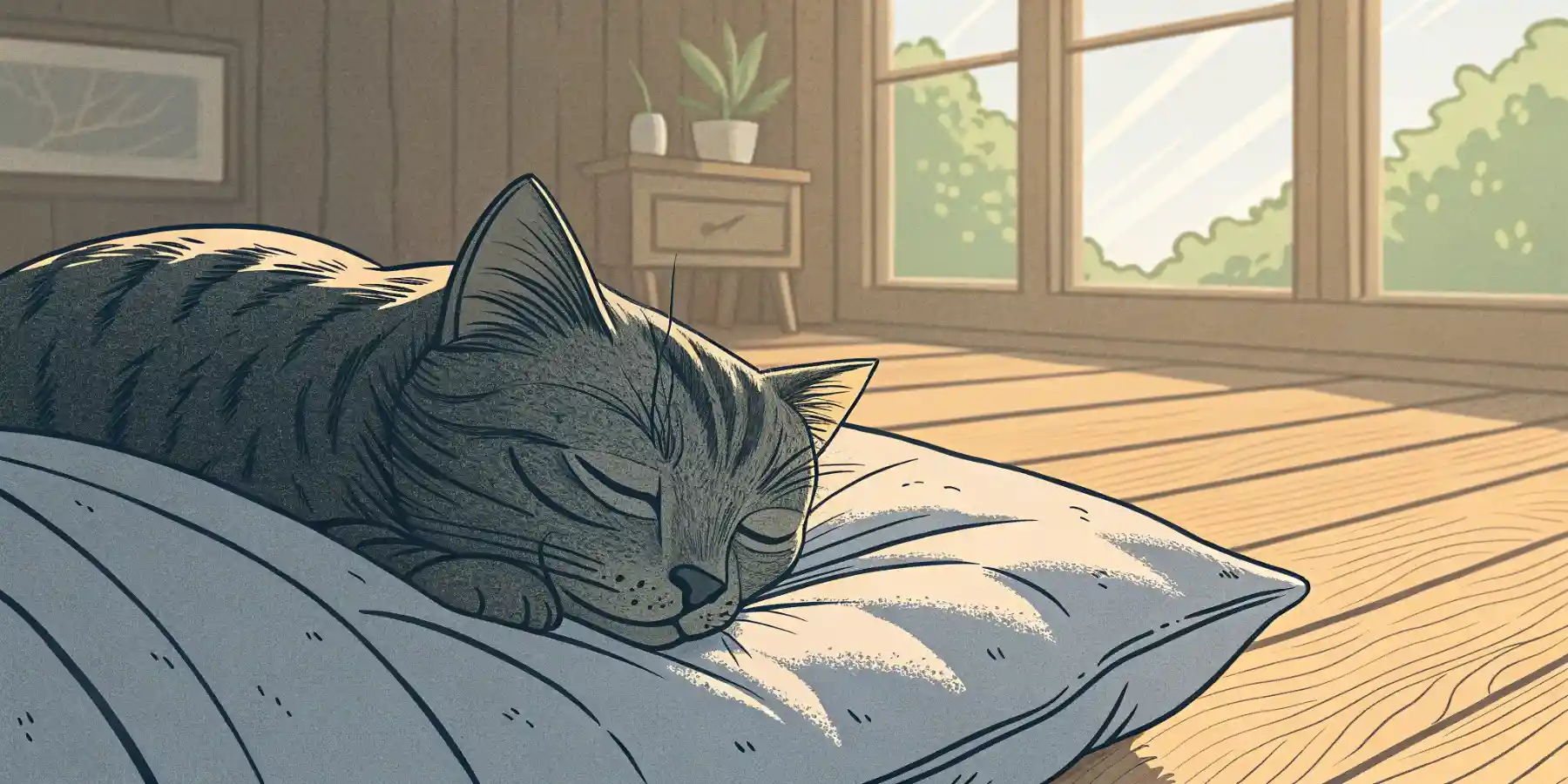 Image: A senior cat sleeping comfortably on a soft, supportive bed, demonstrating how to provide comfort for cats with arthritis.
Image: A senior cat sleeping comfortably on a soft, supportive bed, demonstrating how to provide comfort for cats with arthritis.
Cancer: A Serious Threat
Unfortunately, cancer is a significant concern in older cats. Various types of cancer can affect cats, including lymphoma, mammary cancer, and squamous cell carcinoma.
Signs to Watch For:
The signs of cancer in cats can vary depending on the type and location of the tumor. Some common signs include:
- Weight loss.
- Lethargy.
- Loss of appetite.
- Lumps or bumps.
- Difficulty breathing.
- Vomiting or diarrhea.
- Lameness.
- Non-healing sores.
What to Do:
If you notice any unusual signs or symptoms in your cat, it’s essential to seek veterinary attention promptly. Early detection and diagnosis are crucial for successful treatment.
Diagnosis and Treatment:
Diagnosis of cancer typically involves a physical examination, blood work, imaging studies (e.g., X-rays, ultrasound), and potentially a biopsy. Treatment options depend on the type and stage of cancer, and may include:
- Surgery: To remove the tumor.
- Chemotherapy: To kill cancer cells.
- Radiation therapy: To destroy cancer cells.
- Palliative care: To manage symptoms and improve quality of life.
It’s a difficult topic, but it’s important to be aware of the possibility of cancer in senior cats. Open communication with your veterinarian is key to making informed decisions about your cat’s care.
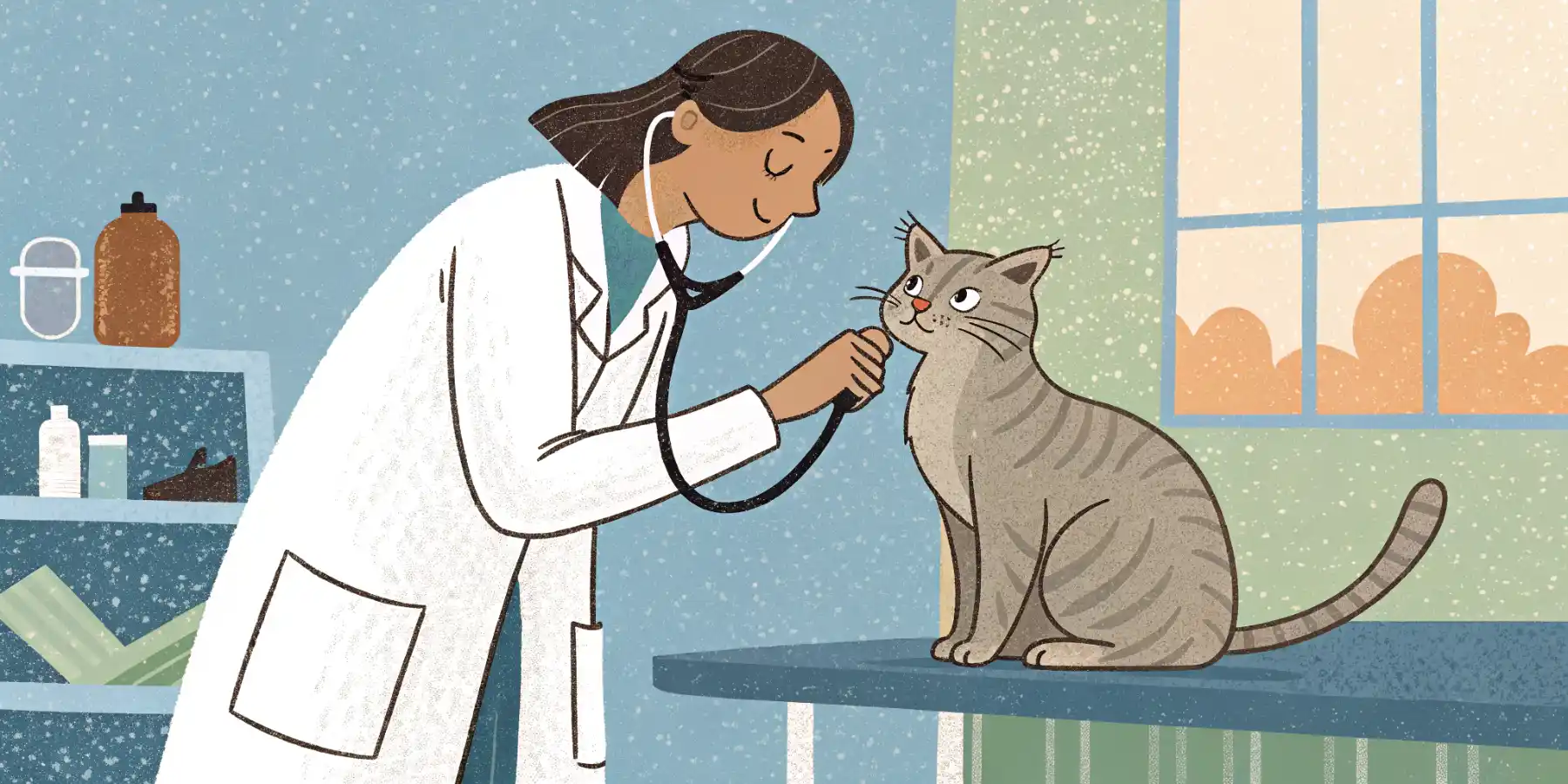 Image: A veterinarian examining a senior cat, emphasizing the importance of regular check-ups for early detection of health problems like cancer or chronic kidney failure.
Image: A veterinarian examining a senior cat, emphasizing the importance of regular check-ups for early detection of health problems like cancer or chronic kidney failure.
Proactive Care: The Key to a Happy Senior Cat
While these health problems are common, remember that many senior cats can live long, happy lives with proper care. Regular veterinary check-ups, a balanced diet, a comfortable environment, and plenty of love and attention are all crucial for maintaining your senior cat’s health and well-being. By being proactive and attentive to your cat’s needs, you can help them enjoy their golden years to the fullest. And remember to discuss managing feline kidney disease, treating feline hyperthyroidism, and relieving cat arthritis pain with your veterinarian.
